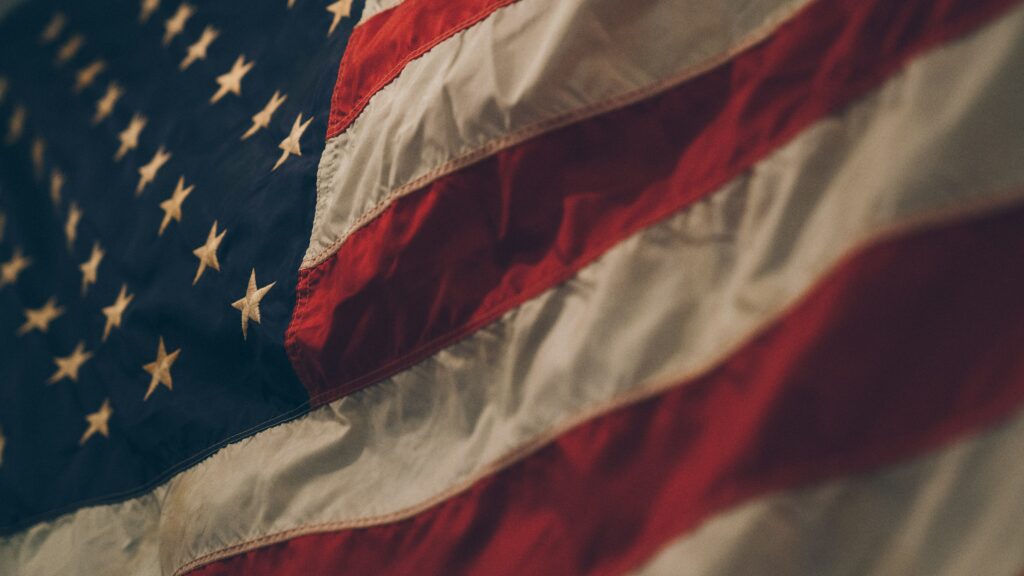The First Amendment of the United States Constitution
The United States Constitution was written in 1787 and ratified in 1788 becoming, according to the United States Senate, the “longest surviving written charter of government.” The Constitution organized the country’s government, provided justice and equality, and established checks and balances within the system.
The Constitution is a living and beathing document that allows for changes as required through “amendments.” The first ten amendments are considered the United States Bill of Rights. The Bill of Rights, ratified in 1791, allows for certain limits on governmental power. Many of these amendments today are widely known simply by their amendment number.
The First Amendment – Freedoms
The First Amendment reads:
Congress shall make no law respecting an establishment of religion, or prohibiting the free exercise thereof; or abridging the freedom of speech, or of the press; or the right of the people peaceably to assemble, and to petition the Government for a redress of grievances.
These freedoms are considered fundamental to the rights of United States citizens.
Freedom of Religion
The freedom of religion established in the First Amendment is broken into the “establishment clause” and the “free exercise” clause. These clauses prevent the government from establishing a national religion or showing preference to a specific religion and likewise allow for citizens to practice their religion of choice without interference.
Freedom of Speech
While freedom of speech is protected in the United States, there are constant debates on which types of speech may be curtailed in certain situations. Local, state, and federal laws currently exist that limit certain types of speech in pursuit of larger freedoms and protections. These include laws regarding:
-
- Child or non-consensual pornography.
- False statements.
- Certain threats or obscenity.
- Limits on allowable speech for imprisoned individuals, students, and corporations. In Arizona, R.S. 15-1865 allows for free speech on college and university campuses by lawfully present individuals subject only to reasonable time, place, and manner restrictions.
These specific laws vary from state to state throughout the country.
Freedom of the Press
The freedom of the press in the United States allows for the media to report on governmental activities as a third party. This prevents the government from controlling the media itself in order to promote its own interests. However, as the digital age continues to move forward, there has been increasing discourse surrounding how national security may be harmed by unchecked internet press.
Freedom of Assembly
Freedom of assembly allows citizens the right to gather for protests. However, other laws are in place to ensure that such demonstrations are peaceful and law-abiding. Arizona requires permits in situations such as those that involve a large number of individuals or which obstruct traffic. This can vary depending on the city in which the protest is occurring.
The Arizona ACLU provides a comprehensive breakdown of protest rights in Arizona.
Freedom to Petition
The freedom to petition the government ensures that citizens will be able to be heard by the government regarding any issues they may have.
Arizona utilizes an “Initiatives” process that allows constituents to propose new laws.
RIDEOUT LAW GROUP
With offices in Lake Havasu City and Scottsdale, our firm serves the entire state of Arizona, with a particular focus on criminal defense, family law, and juvenile cases.
Our goal is for the best outcome for your criminal case, which can include:
- charges that are reduced or dropped.
- top experts reviewing your case.
- aggressive negotiations with the prosecution for plea bargains.
- fines or probation in lieu of jail time.
At Rideout Law Group, our attorneys are able to expertly examine the evidence in your case to provide a strong strategy for argument that leads to an outcome that is most favorable to you. We have experience in all types of criminal cases for both adults and juveniles, with positive outcomes both in plea negotiations as well as jury trial settings.
Call us today for a free consultation at 480-584-3328.

